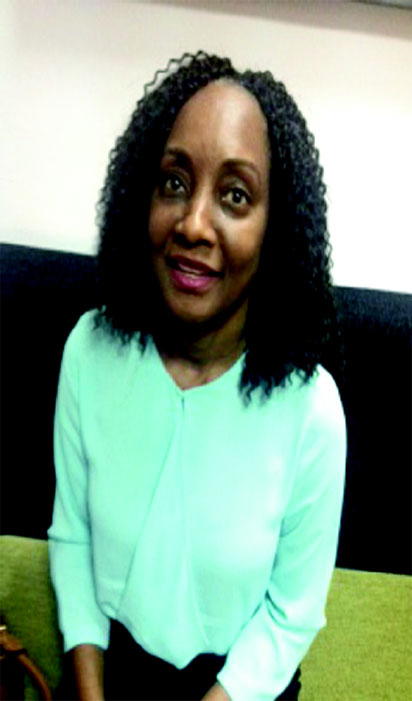U.S .Commercial Service Extols Nigerian Business Community, Honors Partners
United States Deputy Assistant Secretary (DAS) of Commerce, Seward L. Jones expressed optimism about Nigeria’s economic prospects as the country moves out of recession.
Hosting over 350 American and Nigerian firms at the U.S. Commercial Service’s annual Networking with the USA (NUSA) Appreciation Forum and International Partner Award Ceremony last week, Jones, who oversees the Middle East and Africa (MEA) region, observed that the United States is confident that Nigeria’s economic outlook will remain positive, with further diversification from crude oil and increased fiscal transparency.
“We understand that the commodity super cycle and the precipitous drop in oil prices brought about a fiscal challenge for the Nigerian government, so we strongly support President Buhari’s drive to explore practical ways of fully diversifying the economy. Nigeria is the second largest destination in Africa for U.S. private direct investment, so we are ready and willing to support economic reform efforts.” Jones said.
In his remarks, U.S. Consul General, Mr. F. John Bray also affirmed the strong interest by U.S. firms in Nigeria. He noted that “President Trump’s Business Advisory Council for Doing Business in Africa (PAC-DBIA) has made it clear that having success in the Nigerian market is foremost on their agendas.”
The NUSA forum is organized annually by the U.S. Commercial Service to honor Nigerian business owners who promote U.S. products and services and who have contributed significantly to the achievement of the goals and objectives of the U.S. Commercial Service in Nigeria - expansion of trade and investment between the United States and Nigeria.











